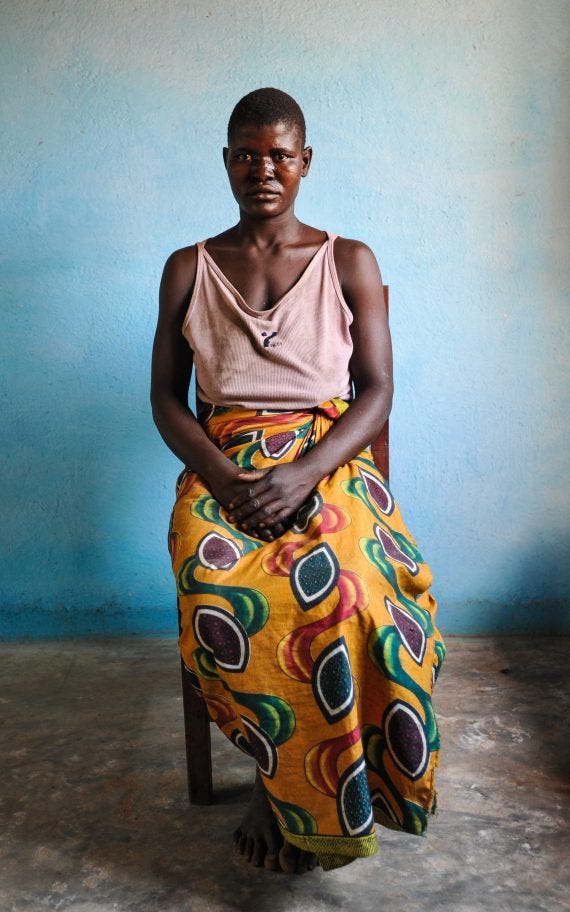Article: More Child Marriages in Africa Because of Climate Change
How climate change affects human rights.
When we hear, see or read about climate change, often the first thoughts that come to mind are recycling, the environment, or that the polar bear has problems and faces extinction, etc.
Climate change and global warming go further — As I always say it — this affects us all, some races or continents are more affected than others; there are populations more vulnerable than others.
A while back, I was doing research for an interview with the Dutch environmentalist Alexander Veerbek about climate change and how it affects our lives.
During my research, I came across a video where Veerbek mentioned that in Africa — specifically in Malawi — girls marry at an early age due to climate change, which caught my attention, and I decided to investigate further.
I found an article published in The Guardian,“Why climate change is creating a new generation of child brides.”
The article explains that global warming exacerbates droughts and floods, affecting the production in the agriculture fields, hence, the incomes.
Consequently, parents give their daughters “marriage” because they do not have money to support and feed them.
Ntonya Sande, a teenager with only 15 years old, was handed over against her will in “marriage” to a young man who suddenly showed up and knocked on the little hut door where they lived in a distant village Kachaso, in Malawi.
Her village, is impoverished and below the poverty standards allowed, according to the United Nations.
Despite Ntonya’s pleas, her parents told her that the climate had changed and had taken everything away from them; they did not have enough food to continue feeding her.

Her future husband, Sande Chimkangu, offered Ntonya’s father 30 dollars and a bag with 50 kilograms of sugar to marry his daughter. The girl had never seen Sande before. It was the first time she had met him.
These are the hidden stories that exist due to global warming on human beings, where the poorest and who have fewer opportunities are the most affected.
This brings catastrophic results to child-wives or child-mothers, since forced “child marriage,” which is usually driven by poverty, has many effects on childs health.
The infants are at higher risk of sexually transmitted diseases, cervical cancer, malaria, death during childbirth, fistulas in their genitalia. They are at higher risk of premature delivery death and the newborns as well.
UNICEF warned that across Africa — just five years ago — in 2015, the total number of married girls could more than double to 310 million by 2050 if current trends continue.
However, we have some hope. Some organizations are very committed, doing research, and monitoring what is happening to child-mothers or child-wives in some African countries.
One of these is an organization called Brides Of The Sun, a project that focuses on researching the effects of climate change and the increase in child marriage rates in Malawi and Mozambique.
But there is more, much more.
There are the hidden stories of climate change : The stories of the child-brides.
In conclusion, although I am not an expert on climate change, I am a communicator, it is that we must all commit in the fight against the effects caused by global warming, which, as I always say, goes beyond “recycling.”
Educate ourselves, have the critical thinking, this is not a matter of political orientations, no, it is to help to reduce, create awareness of the effects of this on the planet and that although it seems or sounds crazy, everything is related, including fires and the rise in the seas.
I want to add we have to believe what scientists say and learn from them.
And as a final thought, as Aghata Christie said:
“One of the luckiest things that can happen to you in life is to have a happy childhood.
Think for a moment about this thought, be grateful for what you have, and teach your children that if they are facing some difficulties or do not have a ball to play, there are some children who are not having a good time like Ntonya.
So, be grateful.
Image : Pixabay
